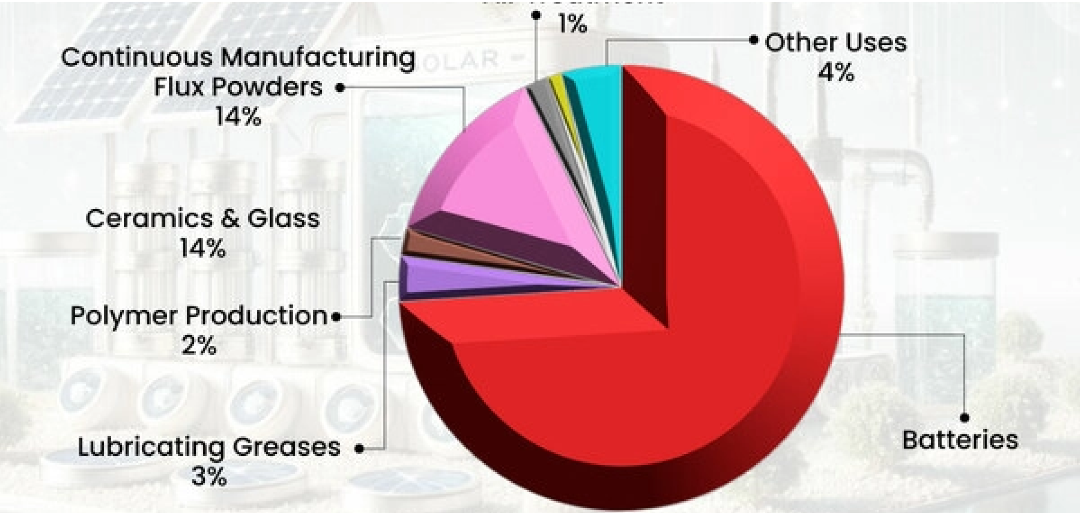US Government Lays Out Certain Rules and Some Drugs for Negotiation Under Inflation Reduction Act
The United States has decided to cut the prices of certain medical drugs in 2023. It is due to the Inflation Reduction Act of 2022, recently signed by the government of the United States in 2022. The report includes specific provisions to lower the costs of drugs for people and the federal government.
Based on this act, Medicare can negotiate the prices of the prescribed drugs and lower the health care costs. This act allows Medicare to deal directly with companies to lower the prices of costly prescription drugs. The information from other sources mentioned that the drugs were taken from the 50 most pricey medications in Medicare Part D, an insurance plan for seniors who pay for the prescriptions. The data also revealed that the cost of Medicare was about USD 50 billion in total in 2022. According to the U.S. Department of Health and Human Services, with the help of the Centers for Medicare & Medicaid Services (CMS), the first ten drugs under Medicare Part D are to be negotiated. It added that the negotiations between Medicare and the participating companies will begin in 2023 and 2024. The negotiated prices will be implemented effectively in the market from 2026. According to government reports, people have paid USD 3.4 billion in 2022 for these drugs under negotiation. Ten drugs, such as Eliquis, Farxiga, Jardiance, Xarelto, Januvia, Entresto, Stelara, Imbruvica, Stelara, and Fiasp, are listed primarily under the negotiation process. The above drugs were priced at USD 50.5 billion, or about 20 percent of the total Part D drugs covered under the prescription for negotiations between June 2022 and May 2023.
There are various categories on which some drugs are not to be considered for the negotiation process. These drugs are all plasma-derived products, small biotech drugs, and FDA-approved drugs less than nine years from their license. Part D plans with higher expenditure costs on those expected to witness out-of-pocket cost savings from the news changes. Among the beneficiaries, those with expenditures above the disastrous threshold for conditions like hepatitis C, Cancer, etc., and other beneficiaries who benefit themselves from a brand with relatively high prices to cope with their medical conditions will be affected by these new changes on Part D negotiations. This decision by Medicare has affected the drugmakers as their stock prices have dropped after the decision. The producer companies are also expected to file lawsuits. However, the new finding from Medicare will benefit the senior citizens and the United States government in federal insurance plans.
